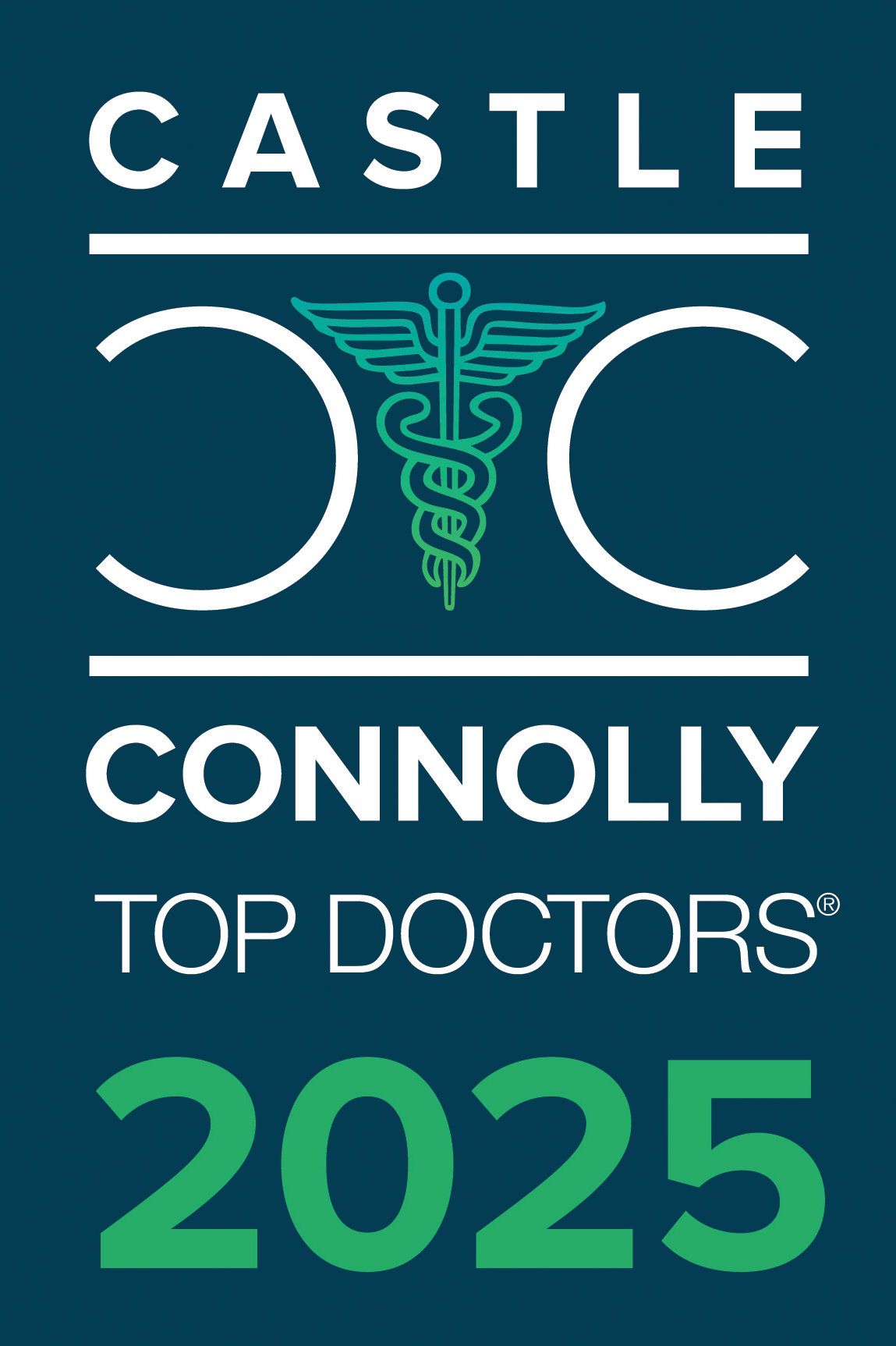Exploring the Treatment Options for Nasal Polyps
Nasal polyps can do more than just block your nose—they can seriously affect your quality of life. If you’ve been struggling with chronic congestion, reduced sense of smell, or frequent sinus infections, nasal polyps may be the root cause. At New York Sinusitis Treatment, we specialize in identifying and managing nasal polyps with today’s most advanced and effective therapies.
How Nasal Polyps Affect Your Health
Nasal polyps are soft, painless, noncancerous growths that develop in the lining of your nasal passages or sinuses due to chronic inflammation. While small polyps may go unnoticed, larger or multiple growths can block airflow, disrupt normal sinus drainage, and make you feel constantly congested. Common symptoms include:
- Difficulty breathing through the nose
- Ongoing sinus pressure or headaches
- Postnasal drip
- Frequent sinus infections
- Diminished or lost sense of smell and taste
Nasal polyps often occur alongside conditions like asthma, allergic rhinitis, or chronic sinusitis, making them a complex issue requiring personalized treatment.
Medical Treatments for Nasal Polyps
Fortunately, there are several treatment options that can help reduce polyp size, control inflammation, and relieve symptoms, without the need for surgery in many cases.
1. Dupixent (Dupilumab)
Dupixent is a prescription biologic medication used to treat nasal polyps in patients with chronic rhinosinusitis. It works by targeting specific inflammatory pathways in the immune system. Delivered as a self-injected shot, Dupixent can significantly reduce polyp size, improve breathing, and restore a sense of smell for many patients.
Benefits:
- FDA-approved for nasal polyps
- Non-surgical option
- Improves symptoms long-term
- Can treat coexisting asthma or eczema
2. Sinuva
Sinuva is an innovative, in-office treatment that involves placing a small, medicated implant directly into the sinus cavity. The implant slowly releases steroids over time to shrink polyps and reduce inflammation. It’s ideal for patients who have had previous sinus surgery but experience recurring polyp growth.
Benefits:
- Minimally invasive
- Performed in-office
- Targets inflammation at the source
- Can help delay or avoid additional surgery
3. Nucala (Mepolizumab)
Nucala is another injectable biologic treatment used for patients with eosinophilic-driven nasal polyps, often those with asthma or severe allergic reactions. It works by reducing the number of eosinophils, a type of white blood cell that contributes to inflammation and polyp formation.
Benefits:
- Effective for eosinophilic inflammation
- May reduce the need for surgery
- Also approved for severe asthma
When Is Surgery Necessary?
If polyps are large, persistent, or not responding to medication, endoscopic sinus surgery may be recommended. This minimally invasive procedure removes the polyps and opens blocked sinuses to restore proper drainage. Even after surgery, ongoing medical management is often needed to prevent regrowth.
Get Relief from Nasal Polyps in New York
At New York Sinusitis Treatment, we create personalized plans to treat nasal polyps based on your symptoms, underlying conditions, and lifestyle. From the latest biologics to non-invasive procedures, we’re here to help you breathe easier, without jumping straight to surgery.
Book your consultation with Dr. Greg Levitin today and take the first step toward clearer breathing and lasting relief.













